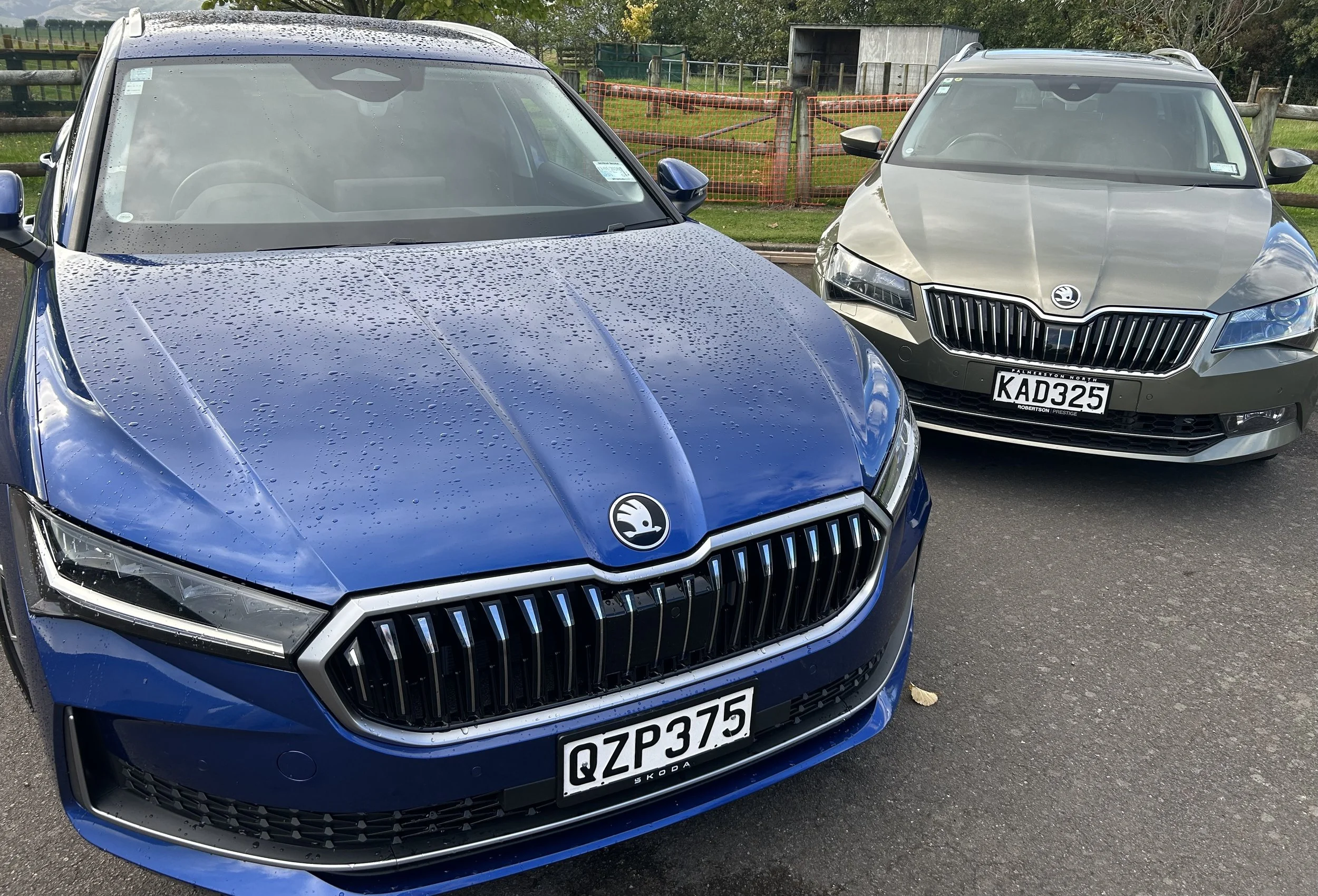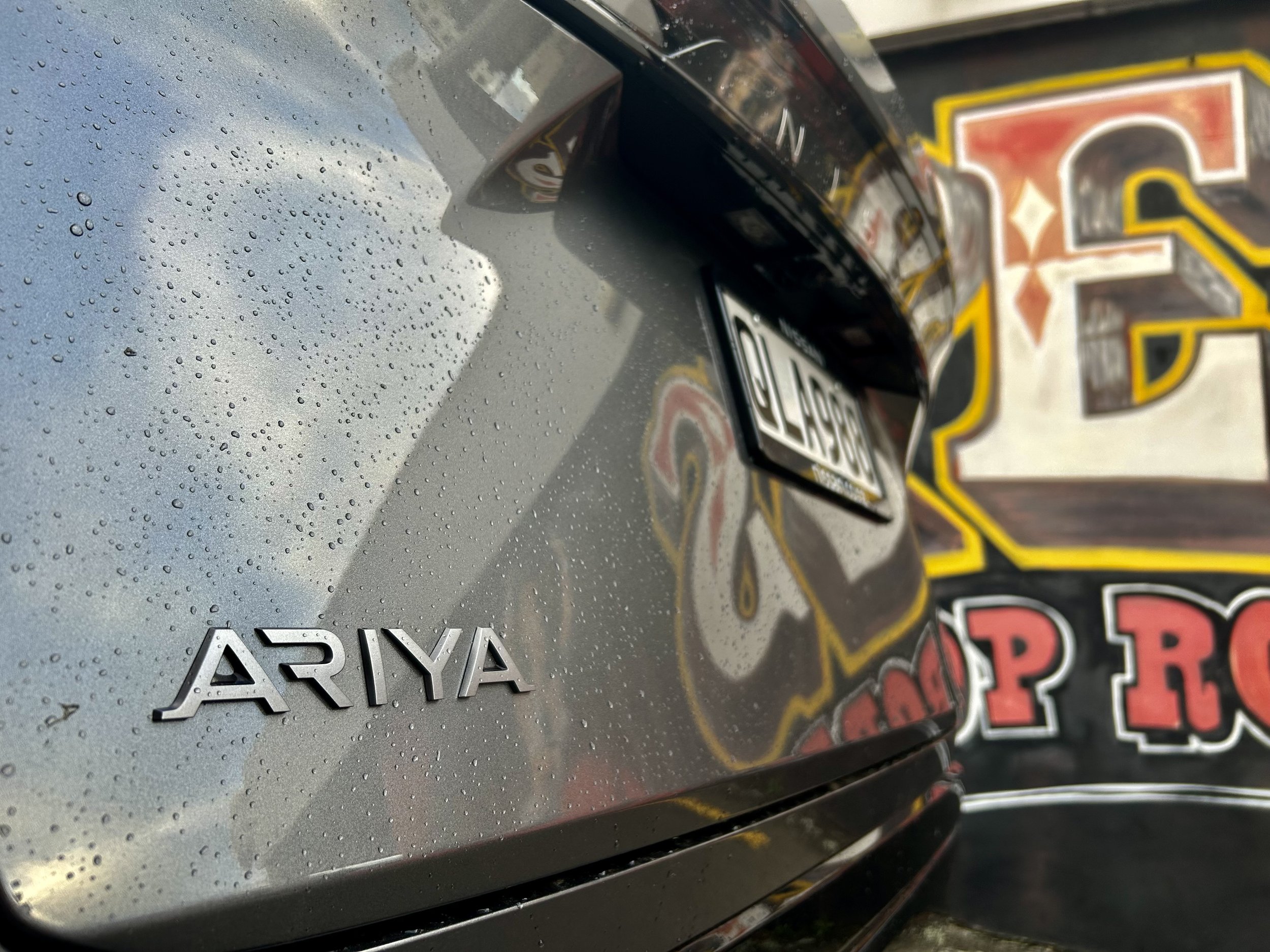MIA: Feebates to encourage efficient cars better than outright ban
/We’re not well-placed to even consider following the UK’s ban on selling fossil-fuelled new cars from 2030, the new vehicle industry contends.
CONTENTION New Zealand should follow Britain’s lead and pursue a ban of sale of fossil-fuelled cars and vans from 2030 has alarmed new vehicle importers, whose representative body says that deadline is way too close.
David Crawford, chief of the Motor Industry Association, which represents factory-appointed distributors, says his organisation does not dispute that a ban on pure petrol and diesel vehicles might become necessary at some future point.
However, thought proposed by Greens co-leader and Climate Change Minister James Shaw that NZ needs adopt the same policy announced in the UK this week, and introduce a ban on the sale of new petrol and diesel cars in 10 years, has alarmed and, the MIA contends, is based on poor information.
“2035 is too soon let alone 2030. Readily available and affordable alternatives are not yet apparent with the priority given to the development of left-hand drive markets.
“I believe that some of the premises underlying James Shaw’s comments about doing the same in NZ are ill-informed.”
Mr Crawford explains that the new vehicle market operates off a derived demand model, not a supply model.
“Change what customers buy and we will change over time what is supplied. Supplying items that sell is where companies aim to operate.”
The MIA remains a supporter of the feebate Clean Car Policy thwarted under the previous Labour government by its then coalition partner, NZ First.
The proposal to encourage car buyers to choose vehicles that are more efficient and less polluting, through rewarding those who choose more efficient models by giving them a rebate on the purchase price – this funded by fees added to the price of less efficient vehicles – remains unreconciled.
Had it got through, from next year, the most efficient vehicles up to three years old would have conceivably cost up to $8000 less, while the least efficient would cost up to $3000 more. Older used imports (sold in New Zealand for the first time) were to attract a maximum rebate of $2600 or a $1500 fee.
Mr Crawford offers that a feebate would be much more effective than a ban.
“Bans will create a lot of issues, resentment and perverse behaviour. People will hold onto their old vehicles for much longer.”
The main issue facing the NZ market is affordability and access to a suitable range of makes and models that fit customer needs, he adds.
Having crunched the numbers, the MIA was certain the rise in transport emissions was not coming from new vehicles. He said Mr Shaw’s reference to diesel utes, which are popular are do produce relatively high emissions, with comment about NZ’s love affair with Ford Ranger – usually the country’s best-selling one-tonner and occasionally its best selling vehicle on monthly count – was “shallow.”
“The sales-weighted average emissions for the new vehicle fleet is reducing year on year … not fast enough but it is reducing.
“The rise in transport emissions in NZ has more to do with the increase in the rate of vehicle ownership.
“Over the last decade it has gone from being well less than 700 vehicles per every 1000 people to well over 800.”
This, he contended, is mostly due to “the flood of cheap old, used imported vehicles.
“Address the rate of vehicle ownership and we begin to address overall transport emissions.”
In direct respect to the UK’s ban, he said there were risks for that country, particularly in its standing as primary market. There are few right-hand drive markets; Britain is presently well-considered by car makers but there was potential its importance could diminish with this.
General Motors’ pulling out of right-hand drive market for sedans and SUVs around the world this year was effectively the death of Holden, a popular brand here.
“The point in favour for the UK, versus Australasia, is their market size. Their market might be big enough for manufacturers to prioritise development for their market. It’s a big question mark, though.
He believes manufacturers will struggle “big time” to meet the UK’s timeline.
However, one positive for NZ is if makers do put more effort into meeting that timeline, “then it might mean we get a wider range of right-hand models developed sooner than what would normally be the case.”
If that were to unfold, NZ would be better to adopt policies to “make us a fast follower. Feebates to address affordability is the best approach in our view.”

















